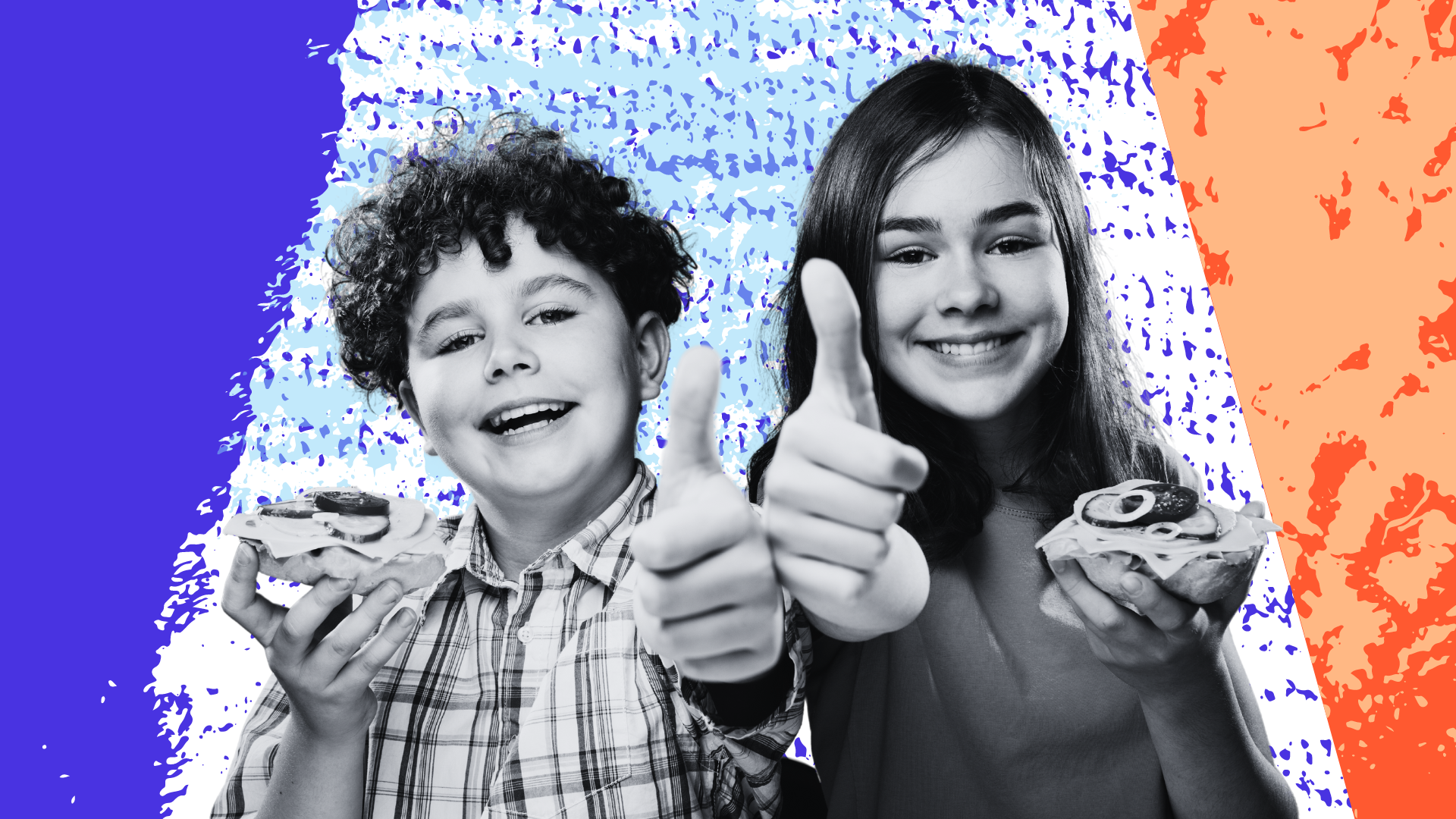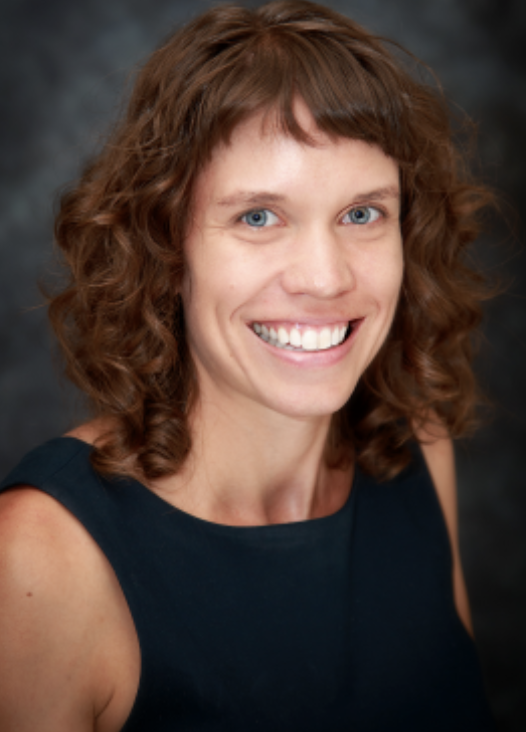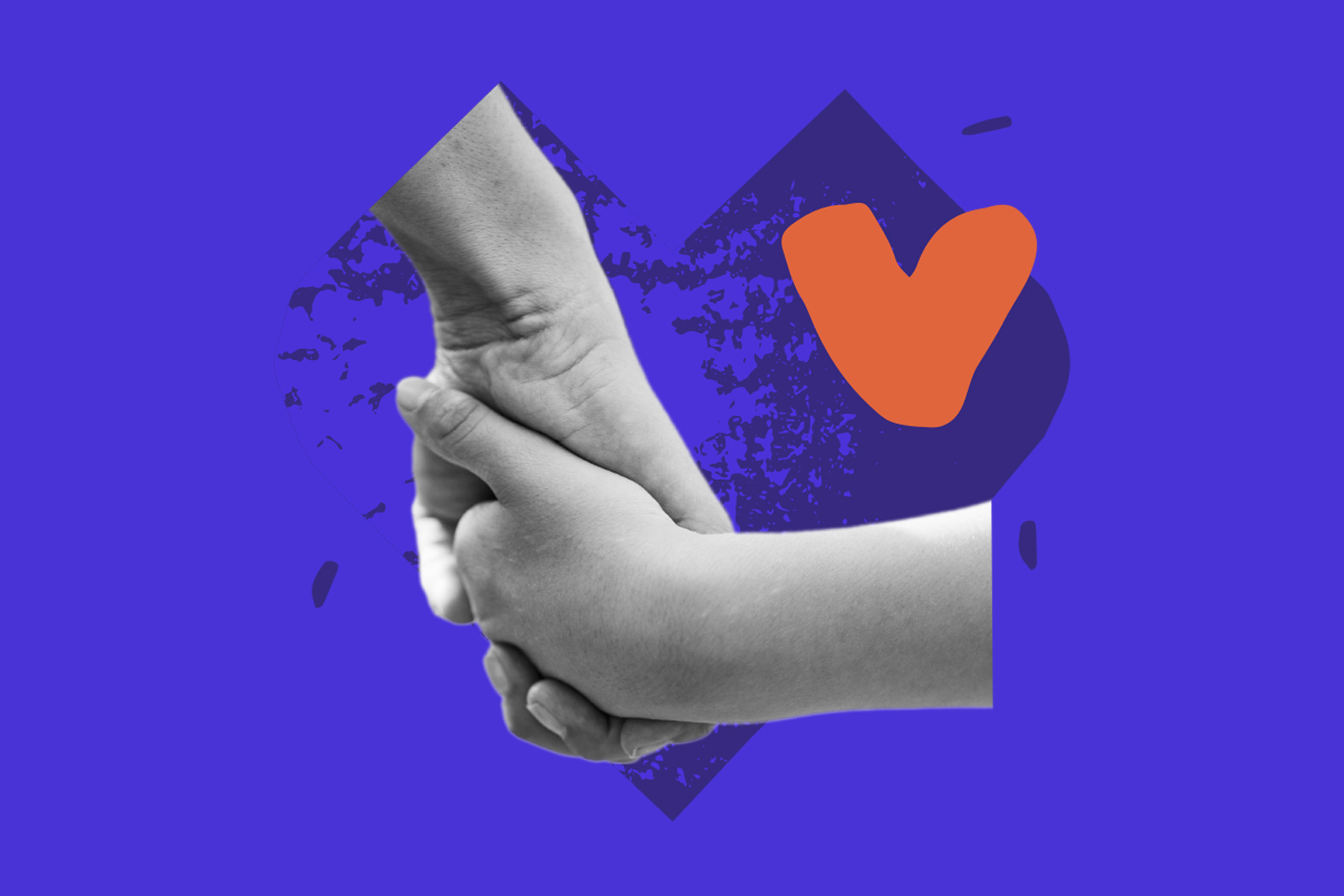We asked registered dietician and mother of three, Dr. Katie Loth for her advice for handling sweet and fatty snacks with kids. Here is what she had to share.
This is a great question and first I want to start by saying that you’re right.
There are more and more processed foods available for us to buy than ever before. The other thing that I’ve noticed as a mom is that there’s more food in more places than ever before. It’s not something you can escape. Another thing to know is that processed foods, foods that are
high in fat, salt, or sugar, are things that taste good naturally. So, it makes sense that it’s what kids want to eat. All those things make it challenging to help kids navigate the food environment they live in, which is an environment filled with tasty things that aren’t necessarily things we want them to eat all the time.

Tip #1: Think of it as a balance.
How I try to handle this as a mom is to think of it as a balance. I try to avoid talking about foods as being good or bad, putting them in one category or another. We know from research and what I’ve experienced personally is that the more we try to talk our kids out of doing something, sometimes the more they feel compelled to do it.
For example, the more we talk about cookies, cakes, or chips being special, occasional foods that they get to eat, the more that they are drawn to them because they feel like the exciting thing and the thing that they have to work hard to get.
So, I try to think about balance in what I bring into my home. I don’t want to make a home that’s only filled with the “healthy” or “fresh” options while avoiding all of these other foods because I think that makes kids more drawn to those other foods and when they’re out of our house, when they’re at school, or a friend’s house they’re going to be more compelled to seek those food out.
Tip #2: Focus on what you bring into your home rather than what your kids choose to eat.
So, I try to bring a variety of food into my house. It includes a bunch of fresh fruits and vegetables and also sweet and salty snack foods because they taste good and we all want to eat those. If I think of that balance overall, that macro management of the choices available in
the house, I can then avoid micromanagement. In my house, I try to avoid “Don’t have more of that” or “Pick this, not that” because that’s when some of that power struggle can come into play, and when kids can start to worry or feel more shame or concern about the choices that they’re making.
Focusing on that high level and letting go of the control in the day-to-day helps kids to think about their food choices a little differently.
Tip #3: Teach kids how to take care of themselves by teaching them how different foods serve them.
Another important thing to consider is that this is an opportunity to teach kids how to take care of themselves. I’m a big believer in talking about what different foods do for your body to teach kids about how they can start to think about that on their own. Rather than saying, “Don’t eat the cookie” and not talking about why, we can instead say “Here are things that these types of food do you, such as, give you energy or help your eyesight.” This way, over time, and as they’re preparing to leave my house, they know more than “good” and “bad” or yes and no. They know why and how, and how much, and how to make those decisions for themselves as they grow and develop.




